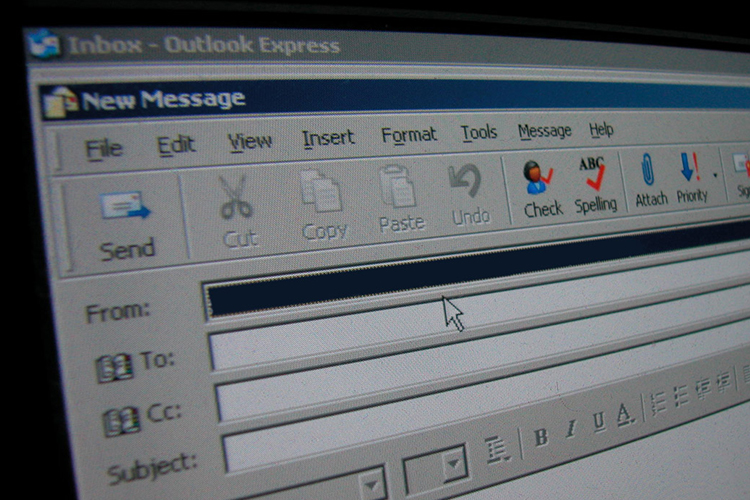Reminder: Best practices for dealing with a Phoenix pay issue

In recent communications on Phoenix, ACFO has voiced our concerns on threats to the integrity of government financial information and the impact Phoenix has had on the workloads and stress of our community. However, we are keenly aware that FIs continue to feel the direct impacts of Phoenix through issues with their own pay. As a Labour Relations Advisor I have seen first-hand how our members continue to be affected and I know that our team is working hard to help resolve these issues.
Based on my recent experiences supporting members with their pay files, I have realized that ACFO members are still receiving conflicting information on how to address Phoenix problems. As this issue drags on through its third year, I thought it would be helpful for us to offer a brief reminder of best practices on handling a pay issue so that all members are receiving the same information across the board.
First, I want to remind you of the importance of taking careful, detailed notes throughout the process. I cannot emphasize enough: you must document your pay problem and keep all records of your pay information and all the steps you have taken to resolve the issue, both within your department and through the pay centre. Be sure to include your manager on all communications regarding your pay issue.
Once you have initially documented your pay problem, I recommend you do the following:
- Inform your Section 34 manager that you are experiencing an issue. The first step is to determine if it is a pay issue or an HR issue. Your section 34 manager can help ensure all documentation has been correctly submitted to the pay centre.
- Contact your Trusted Source and Liaison Unit to ensure that it has received all the payroll information and the instructions from your manager and that this information has been submitted to the pay centre. Be sure to include your manager in these communications.
- If no corrective action is required at the department level, you will need to report the problem to the pay centre. Your manager should submit a pay action request (PAR) on your behalf but you should work with your manager to complete the required documentation.
- Once your PAR has been submitted and you have received a case number, you should fill out the Phoenix feedback form if you want to provide more detailed information and context about your pay issues, know the status of an existing case or discuss a concern about any compensation action.
- Follow-up with your manager and the HR contact or Liaison Unit in your department to make sure they are taking all the necessary steps to help resolve your issue. Be sure to include your manager on all this communication.
- Once your PAR is received by the pay centre, you can track its progress by using the Track myCASE web application.
If you are in an emergency pay situation, you may be eligible to request priority pay or an emergency salary advance. I encourage anyone experiencing a pay emergency such as not receiving pay or being seriously shorted funds to contact ACFO at labourrelations@acfo-acaf.com. You will need to have first contacted your manager, HR/Pay Liaison and, if applicable, Trusted Source, but once you have done so, one of my Labour Relations colleagues can help you navigate this process and may help escalate your complaint. When contacting ACFO, please include in your message your PRI number and a detailed explanation of your pay issue along with copies of all supporting documentation.
Finally, I want to make sure you know that ACFO continues to tackle the Phoenix issue on multiple fronts: we are playing a significant role at the Phoenix damages committee and our Labour Relations Team is still working hard to ensure that members’ pay issues are dealt with properly and as quickly as possible.
If you have any questions or require assistance with a Phoenix-related issue, do not hesitate to contact us at labourrelations@acfo-acaf.com or 1-877-728-0695.
Stéphanie Rochon
Labour Relations Advisor






